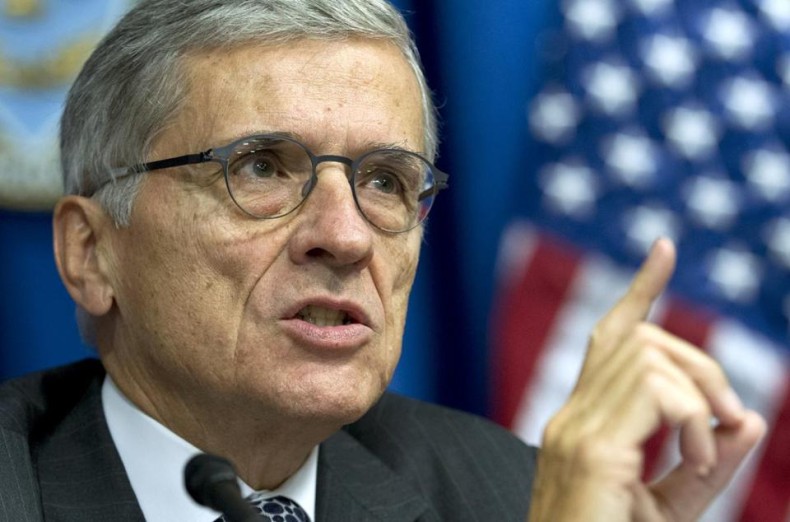
It came as no surprise when FCC chief Tom Wheeler made his announcement yesterday that firm rules are to be put in place to enforce net neutrality.
Chairman Wheeler plans to place broadband Internet providers under a strict regime which would not allow for paid “fast lanes” or preferential treatment, in an attempt to ensure an open Internet.
The goal is to ensure that all internet traffic is treated equally, by banning what he calls “paid prioritization, blocking, and discrimination online.”
The proposals have been a year in the making, and have received a huge amount of public interest, along with fierce opposition on the part of cable and telecom companies.
In his announcement, Wheeler stated that the draft rules would apply to fixed broadband providers such as Time Warner Cable and Comcast, as well as wireless providers like Sprint and T-Mobile. The speeding up and slowing down of web traffic would be made illegal, as would the outright blocking of web traffic.
Other parts of the proposal include the enforcement of consumer privacy rules, and a requirement that Internet providers contribute to a fund called the Universal Service, which helps subsidize Internet services for schools, libraries and low-income Americans.
Although the proposals were expected, they are harsher than many had predicted. Especially after Wheeler seemed to be siding with the cable providers a few months back. But after a public plea from President Obama, Wheeler is ready to tackle the industry head on.
And a full head-on tackle it will have to be. National Cable & Telecommunications Association CEO Michael Powell is, to put it mildly, unhappy. He didn’t mince words when he called the proposal “…a backward-looking new regulatory regime, ill-suited for the dynamic Internet, with far reaching and troubling consequences.”
At the other end of the spectrum, Internet Association CEO Michael Beckerman, whose members include Amazon, eBay, Facebook, Google, Twitter, Yahoo and countless others, seemed delighted. He said that Internet companies are pleased, and even thanked Wheeler “for including equal treatment of wireless and fixed broadband.”
The FCC is expected to vote on Wheeler’s proposed rules on February 26th, allowing plenty of time for the fighting to heat up.

































